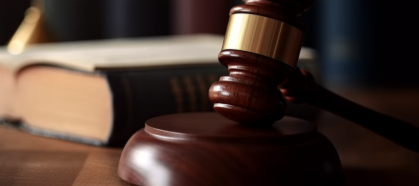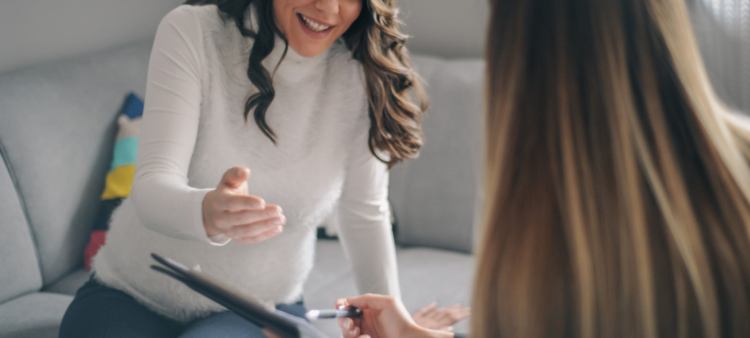Call us now 01926 402 498
Human Trafficking and Sexual Exploitation
Human trafficking for sexual exploitation affects millions worldwide, including here in the UK. Understanding how it happens can help protect people, support survivors, and hold traffickers accountable.
What Is Human Trafficking?
Human trafficking is when someone is recruited, moved, or held through force, fraud, or coercion to exploit them. Trafficking can happen across borders or within a single country. Victims can be anyone: adults or children, UK nationals or migrants. Sexual exploitation is one of the most common forms. Trafficked people may be forced into sex work, pornography, or other sexual activities.
Sexual Exploitation: A Major Form of Trafficking
In the UK, thousands of people are referred to the National Referral Mechanism (NRM) each year for protection. Trafficking happens in towns, cities, and rural areas. It can affect anyone, including UK citizens. A major reason for trafficking is for sexual exploitation. This form of exploitation happens in brothels, massage centres, hotels, bars, private homes, and online spaces. Victims are often subjected to extreme violence, rape, and psychological abuse. Women and girls make up the majority of victims: 42% are adult women and 18% are girls. They are three times more likely than men to experience physical or extreme violence during trafficking.
c.50 million
people worldwide experience trafficking and exploitation each year (UNODC, 2022).
$150 billion
in profits are generated annually, making it one of the world’s largest criminal industries.
38.7%
of victims are trafficked for sexual exploitation. Women and girls are most affected (UNODC, 2022).
1/3
of all trafficking victims globally are children, a proportion that has tripled over the past 15 years (UNODC, 2022).
How Trafficking Happens
Traffickers use deception, coercion, and control to exploit vulnerable people. This crime thrives on vulnerability. Factors traffickers look out for include:
- Poverty and lack of education;
- Gender inequality and discrimination;
- Conflict, persecution, and political instability;
- Migration and displacement;
- Climate change and natural disasters.
Nearly half the world’s population lives on less than $6.85 a day, increasing vulnerability to traffickers (World Bank, 2022). Traffickers exploit desperation and limited options, especially among migrants, women, and children. They may promise jobs, education, or safety, then trap victims in abuse. Methods include:
-
False job offers with exploitative conditions.
-
Grooming by someone posing as a friend or partner.
-
Violence and threats to control victims.
-
Taking passports or IDs to limit escape.
-
Debt bondage, where victims are forced to “repay” made-up debts.
Victims often don’t identify as trafficked because manipulation can feel like a relationship or opportunity at first.
Impact on Survivors
Injuries from violence or unsafe working conditions.
Sexually transmitted infections and unwanted pregnancies.
Long-term trauma from repeated abuse and control.
PTSD, depression, and anxiety
Research from the London School of Hygiene & Tropical Medicine (LSHTM) found 58% of trafficked women showed PTSD symptoms after entering care.

What Does The Law Say?
In the UK, human trafficking and modern slavery are criminal offences under the Modern Slavery Act 2015. It is illegal to:
-
Recruit, transport or harbour someone for exploitation.
-
Exploit someone through forced labour or sexual abuse.
-
Control someone for prostitution or pornography.
Victims have the right to protection, support, and to be treated as victims, not criminals.

Getting Help and Reporting Concerns
If you think you or someone else may be a victim of trafficking, support is available.
-
Call the Modern Slavery & Exploitation Helpline on 08000 121 700 (24/7, confidential).
-
In an emergency, call 999.
-
You can also report concerns anonymously to Crimestoppers on 0800 555 111.
-
Safeline offers emotional support, counselling, and advocacy for survivors of sexual abuse, including those trafficked for sexual exploitation.
It takes courage to reach out. You are not alone.
Further Resources
These trusted organisations offer clear information, legal guidance, and confidential support on human trafficking and sexual exploitation. They can help you learn more, seek help, or support someone else.

